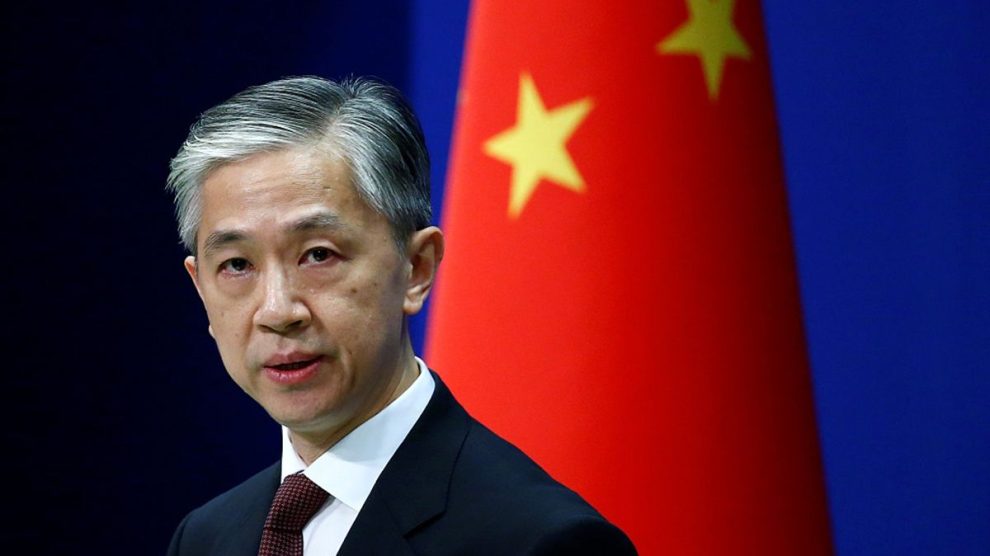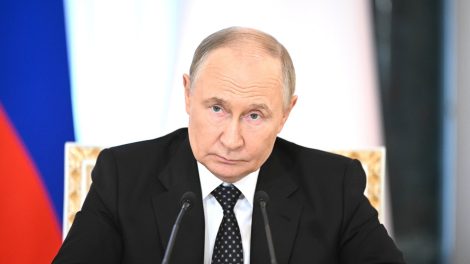G-7 ministers take aim at China… When the G-7’s foreign ministers met on Friday in Capri under the leadership of Italian Foreign Minister Antonio Tajani, they focussed on two controversial issues relating to China – and ended up angering the latter. The final communiqué criticised the country’s non-market policies and practices that lead to “harmful overcapacity that undermines workers, industries and economic resilience,” a stance encapsulating the West’s growing push against unfair Chinese economic practices.
- G-7 foreign ministers also opposed China’s “militarisation, coercive and intimidating activities in the South China Sea,” remarking that there is no legal basis for China’s expansionist maritime claims.
- The statement follows recent tensions between China and the Philippines following a series of hostile actions by the Chinese Coast Guard.
… and Beijing responds. The G-7’s conclusions prompted a harsh reaction from Beijing. Speaking to the media on Monday, Wang Wenbin, spokesman for the Chinese Foreign Ministry, rejected the statement accusing the leaders of having a “cold war” attitude towards China. Meanwhile, the Pro-Beijing press stressed China’s rejection of the so-called “Western narrative” and warned the G-7 not to act as arbiters of global order, and not to interfere in China’s internal affairs.
- An article in the Global Times accused Western economies of assertive protectionism against Chinese production, echoing Beijing’s counter-accusations in response to the European Commission’s recent investigation into Chinese wind turbine suppliers.
- Another piece defends what it calls China’s “legitimate” claims to the South China Sea, arguing that the country hadn’t taken any hostile actions against others – and admonishing the G-7 against interfering in the affairs of China and its neighbours.
It’s all about West-bashing, Russia-style. China’s propagandists didn’t miss the opportunity to leverage the G-7’s talks about using frozen Russian assets to finance Ukraine’s resistance – by toeing the Kremlin’s line and arguing that such a move “could turn into a kamikaze attack, and unsettle the very domain wherein the West retains relative dominance, the international financial system.”
- It’s not the first time the author, Eusebio Filopatro (already the subject of an investigation by our sister website), uses narratives typical of Russian propaganda to discredit Western efforts to support the Kyiv resistance.
- The editorial is a masterclass in parroting the Kremlin’s talking points, from the West’s recklessness in fuelling the war by supporting Ukraine to the lack of public support and cherry-picked references of influential figures advocating for “peace.”




